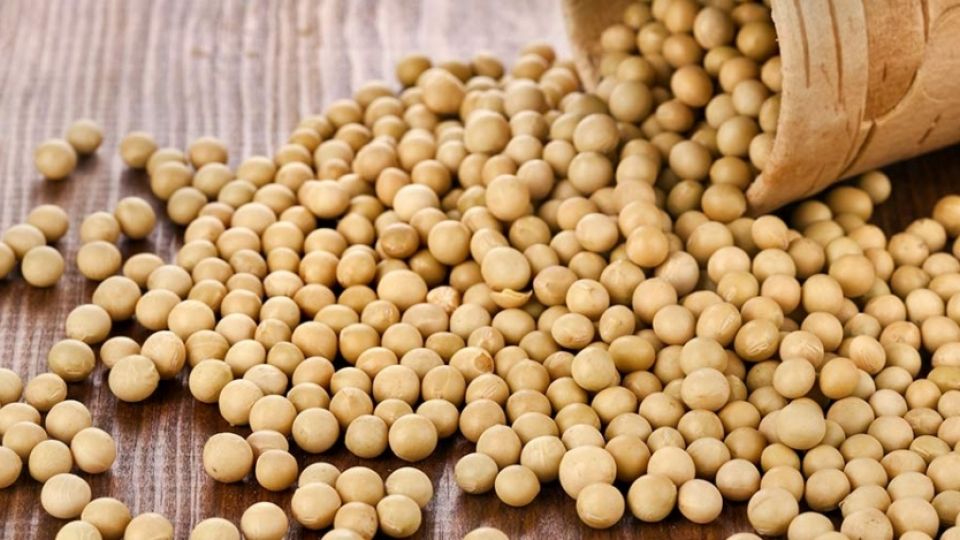Ministry of Agriculture, Forestry and Water Management of Republic of Srpska, in July 2016, conducted monitoring for the presence of genetically modified soy crops in five regional units: Prijedor, Banja Luka, Gradiška, Doboj and Bijeljina. All of the regions were recorded by official information to be where soy is cultivated. Based on the law regarding GMOs of Bosnia and Herzegovina and Republic of Srpska, cultivation of GM crops is not approved.
From 183 analyzed samples, 15 or 8.20% were positive for the presence of genetical modification. From 356 analyzed hectars, on 12 or 3.34% genetically modified soy is cultivated. GM soy was found in the municipalities Šamac, Pelagićevo, and Donji Žabar.
First monitoring for the presence of GM soy crops in Republic of Srpska was conducted in 2015 and from 272 analyzed samples 123 or 45.22% were positive, and from 580 analyzed hectars, on 104.4 or 18% GM soy is cultivated. GM crops were destroyed based on the decision of Inspectorate of Republic of Srpska. Farmers declared that they have not purchased the seed in registered retail stores, but they planted mercantile soy which they bought in different ways.
Although it seems that measures and education carried out by the Ministry of Agriculture, Forestry and Water Management toward soy producers during the winter 2015/2016 had good results, because the percentage of analyzes samples and areas positive for the presence of GM soy is much lower than in 2015, these results have to be analyzed with caution. It is obvious that total number of analyzed samples and areas in July 2016 is much lower than the total number in 2015. Also, total area with cultivated soy in Republic of Srpska is around 5,000 hectars, so the percentage of controlled areas is not sufficient.
Anyway, we welcome the measurements of the Ministry to detect illegal GM soy crops and to educate agricultural producers about potential dangers of GMO crops and legislative in Bosnia and Herzegovina and the Republic of Srpska. However, all the levels in Bosnia and Herzegovina and competent inspections, in colaboration with organizations that work on this topic, have to make more efforts to raise public and producer awareness about this issue. Efforts must also be made to sanction those who break the law.







